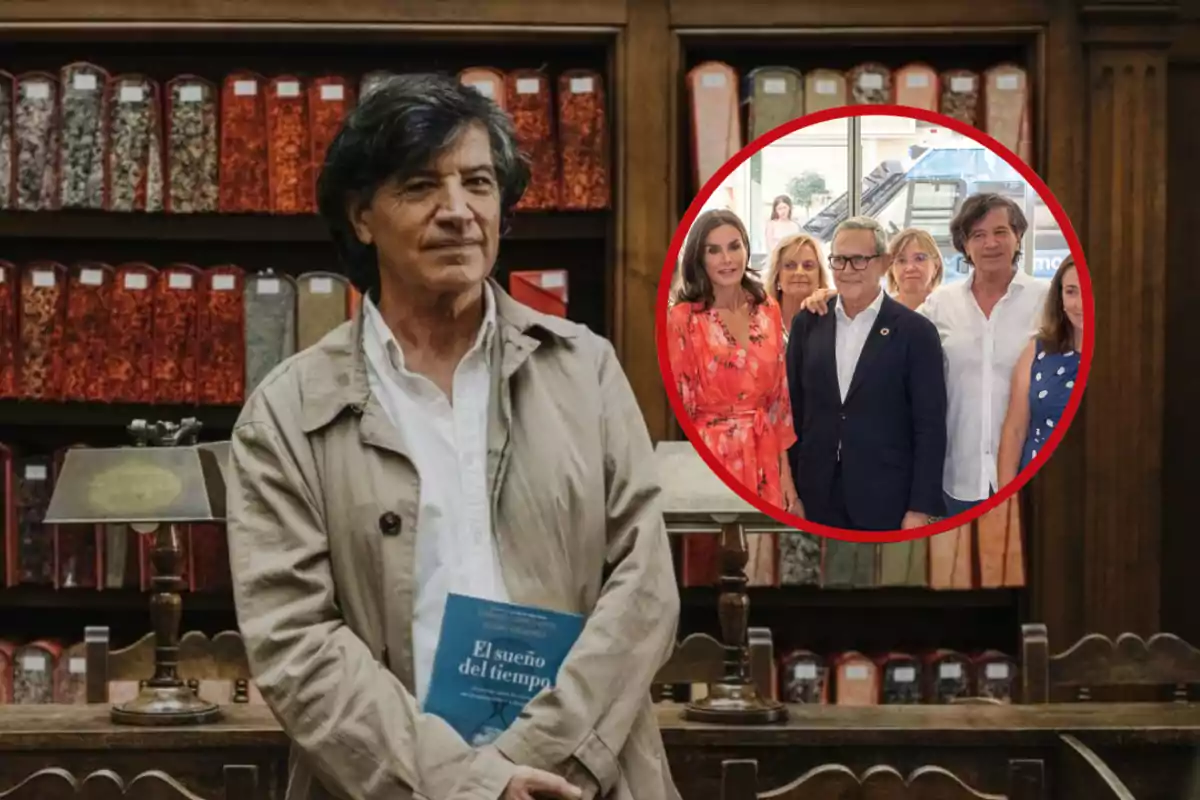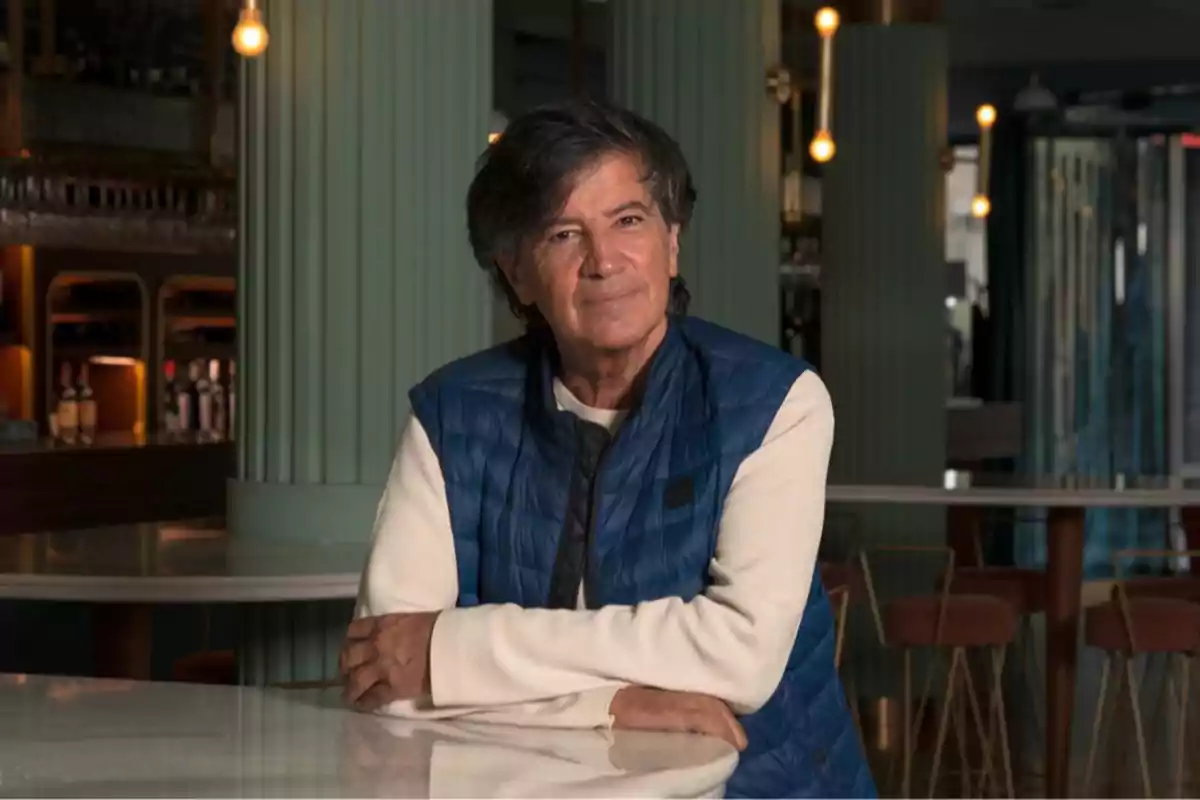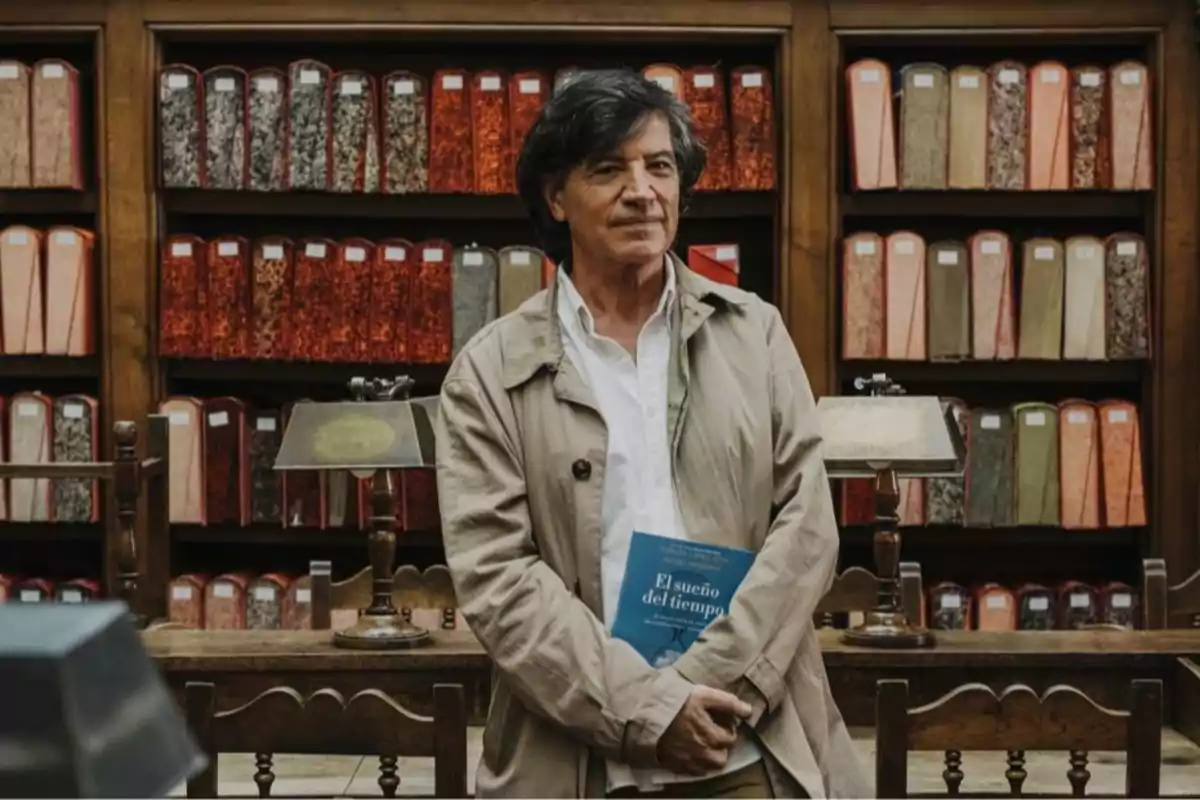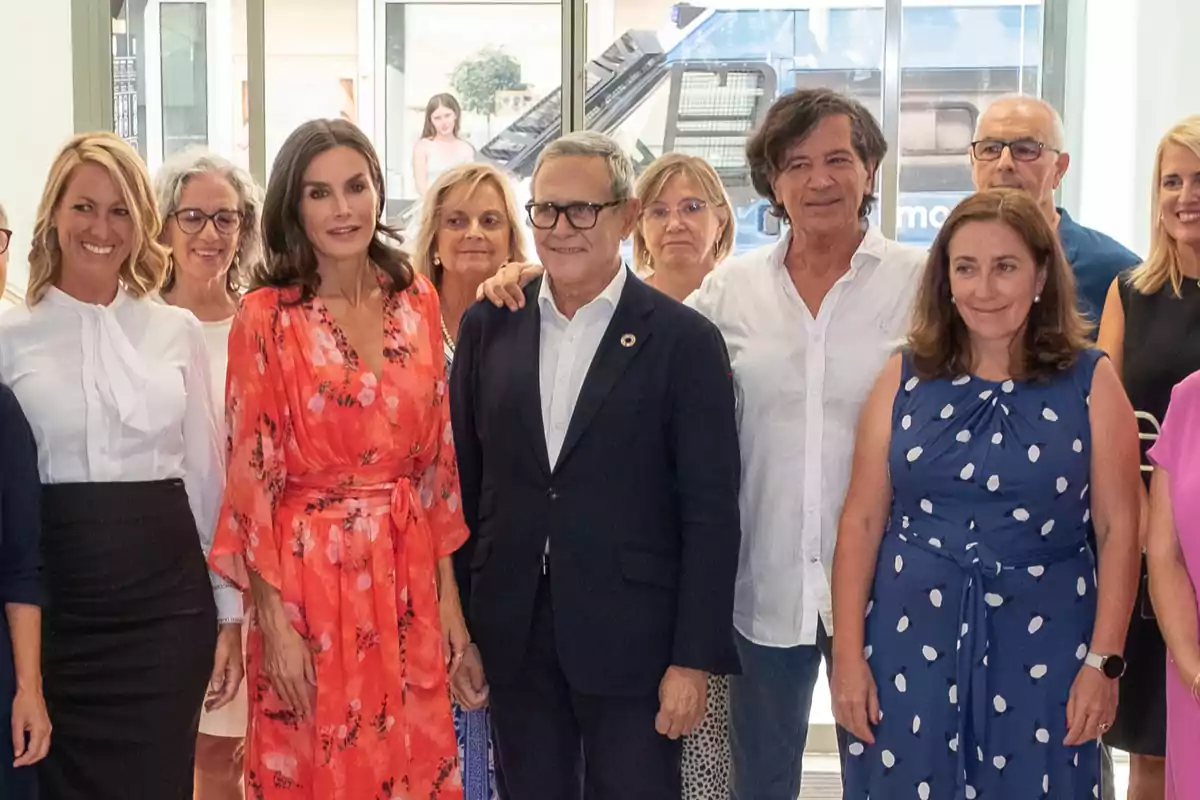
What's behind Carlos López Otín, the 'outcast' scientist now Grandee of Spain
The 67-year-old Aragonese, named marquis by Felipe VI, was Queen Letizia's mentor and was questioned for 'manipulation'
On June 19, 2025, molecular biologist Carlos López Otín (Huesca, 1958) was named Marquess of Castillo de Lerés. King Felipe VI granted him the title in recognition of his contribution to biomedical research and his academic influence. Behind this title lies a "friendship" with the Royal Family. Specifically, López Otín was the "mentor" of Queen Letizia several years ago.
However, López Otín—a researcher at the University of Oviedo—has been the subject of controversies and criticism. Several of his popular science works were questioned for alleged image manipulation. In fact, the journal Naturewithdrew the prestigious Mentor in Science award from him in 2019, which they'd granted him two years earlier.

This distinction, which is for life and not hereditary, at the scientist's own request, places him alongside other nationally relevant figures such as Rafa Nadal or Luz Casal. Beyond the symbolic honor, the title represents institutional support. It recognizes a career marked by outstanding scientific discoveries and one of the most notorious controversies in recent Spanish science.
But who really is Carlos López Otín? What role has his personal life played in his scientific career? What bond connects him to Queen Letizia, with whom he shares Asturian origins and a close relationship spanning years?
A Reference in Molecular Biology With Roots in Huesca
Carlos López Otín was born in Sabiñánigo (Huesca) in 1958. At 17 years old, he was already involved in research at Hospital Ramón y Cajal in Madrid. He earned his doctorate in Biochemistry from Universidad Complutense in 1984.
He later expanded his training at leading centers such as University of Lund (Sweden) and New York (USA). Since 1987, he has developed his career at University of Oviedo, where he has led a molecular biology research group for nearly four decades.

He has identified more than 60 new human genes. In addition, he led the sequencing of the chronic lymphocytic leukemia genome within the International Cancer Genome Consortium. He also participated in the sequencing of the chimpanzee genome. Furthermore, his laboratory was a pioneer in offering a “social genomic consultation,” with direct counseling for patients.
Among his most notable achievements is the discovery of the collagenase-3 protein, involved in tumor processes and inflammatory diseases. His scientific focus is on aging and cancer. He considers cancer a selfish and inevitable biological phenomenon with age. However, he believes that understanding it scientifically is key to improving life.
He has received multiple major awards. He has received several important recognitions. Among them are the National Research Award Santiago Ramón y Cajal (2008), the Rey Jaime I Award (2004), and the Grand Cross of Alfonso X el Sabio (2021). In his hometown, there is a street named after him, and he is Favorite Son of Sabiñánigo and Adopted Son of Oviedo and Salinas.
The Stain of Controversy: Retracted Articles and Scientific Harassment
López Otín's reputation was severely affected starting in 2017, when several of his articles began to be questioned for alleged image manipulation. The criticism came from anonymous platforms on the internet. They pointed out alterations in control figures of studies published between 2000 and 2007.
As a result, nine articles were retracted (one in Nature Cell Biology and eight in Journal of Biological Chemistry). In addition, the journal Nature withdrew the prestigious Mentor in Science award from him in 2019, which they'd granted him two years earlier.
Although the alleged manipulations didn't directly affect the main results, as both Otín and colleagues such as Margarita Salas or Royal Academy of Sciences have argued, the reputational damage was significant.
During that time, López Otín suffered from severe depression, contemplated suicide, and temporarily withdrew to Paris. This situation was compounded by an event that was never fully clarified: the death of nearly 13,228 lab mice (6,000) due to a viral infection. This paralyzed his research for years. Some voices even spoke of sabotage, although it was never proven.
Queen Letizia's Support: An Intellectual and Personal Relationship
One of the strongest sources of support during difficult times came from the Royal Family, especially from Queen Letizia, who keeps a deep intellectual relationship with Otín. She considers him her “mentor,” and he refers to her as a “student,” reflecting an academic and human bond built over years of mutual interest in science and health.

The relationship between Carlos López Otín and Queen Letizia began in 2019, when the Queen attended the presentation of his book Life in Four Letters. Letizia has attended several of his lectures, such as the Cancer Tour in Lleida in 2022, and has personally purchased his books.
Otín explained that the Queen asked not to appear in the acknowledgments of his works. She wanted to avoid harming her public image during the media storm. This reflects her admiration and strategic discretion.
The recent noble appointment can be seen as a symbolic reparation by the monarchy. Despite the controversy, Otín's figure remains essential in the Spanish scientific ecosystem.
Carlos López Otín is a scientist whose professional life combines excellence, scandal, resilience, and recognition. Science is under constant public scrutiny and on social media. His story opens a debate about scientific integrity, the impact of formal errors, and the power of public opinion, which can be constructive or destructive.
His appointment as Marquess of Castillo de Lerés doesn't erase the difficult years, but it does highlight decades of research that have helped improve many lives. For some, he remains an “outcast”; for others, a rehabilitated reference. In any case, his figure is now part of the complex and fascinating mosaic of contemporary Spanish science.
More posts: